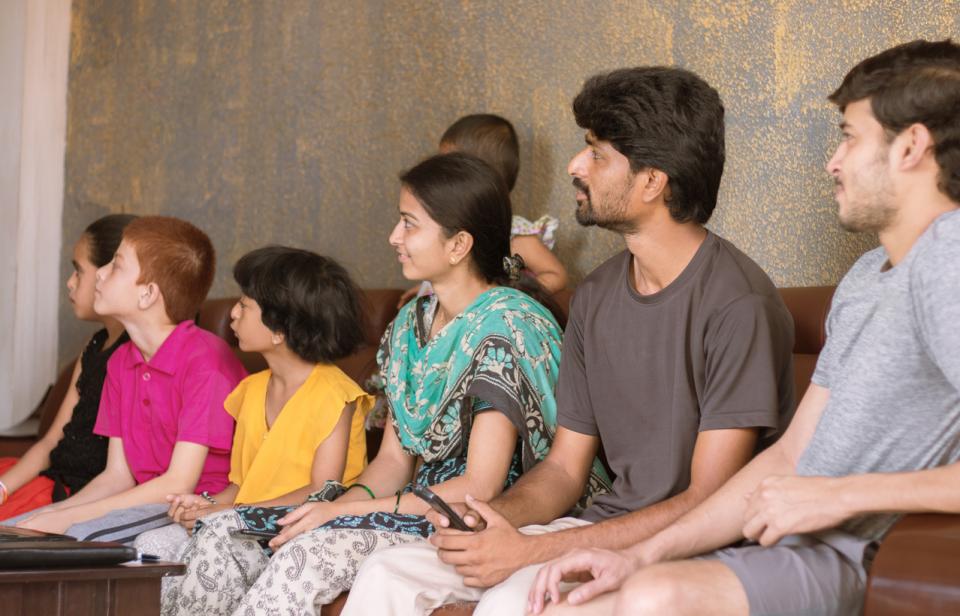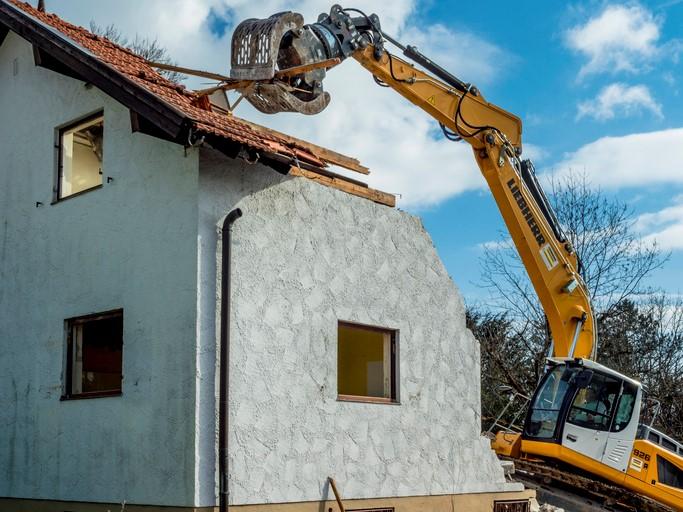Influencing policy is the goal of many researchers. This requires meaningful engagement with the people affected by the policies in question and those that decide on them. But having a clear research agenda doesn’t automatically guarantee policymakers’ attention. And identifying and gaining the trust of those whose opinions can help shape your research can be a challenge. Without existing connections, finding a “way in” requires a strategic approach.
Ways to engage with the public
Based on my experience conducting policy research in India, including individuals from lower-income communities has proven to be particularly effective, as they are often open about their experiences and keen to take part. During a visit to a participant’s home, a neighbour even asked why I wasn’t also knocking on their door.
It is important to justify these instances with appropriate sampling techniques based on the population being studied. In this instance, the sample population was in the hundreds of thousands. To ensure the validity of my findings, I applied systematic random sampling, which allowed me to select households based on a predetermined process to avoid having to conduct door-to-door visits.
In another research project, I had to interview individuals from both high- and middle-income groups in Bengaluru. Accessing these respondents proved to be quite a challenge at times. I often found myself in affluent neighbourhoods, where private residences were secured by tall gates with signs reading “beware of dogs”. And, while some humorously noted “the dogs here are friendly”, gaining entry required permission and a clear explanation of the purpose of my research. The focus of this particular project was on both paid and unpaid care in urban India, specifically examining employer-employee relations and issues related to domestic and care work. So, given the potential legal implications, I was not surprised that some homeowners expressed hesitation about participating.
Aware that many residents were part of local Christian communities, I reached out to church leaders – including pastors and priests – who helped connect me with suitable interviewees using a snowball sampling technique.
I also attended a meeting with a women’s group focused on mindfulness and mental well-being, which helped to arrange formal interviews with some participants who fit my research criteria. My success in eventually engaging with my interview targets demonstrates the value of community engagement and networking in qualitative research.
Engaging with elderly community leaders at both rural and urban levels has also been crucial for my policy research. These individuals can include retired civil servants and former government officials with considerable experience in addressing community concerns. As such, they act as points of contact for the general population, so building relationships with them is key.
- Spotlight guide: Take your research outside the academy
- Five steps for engaging policymakers with research
- Writing and presenting reports for government: five dos and five don’ts
Leverage informal meetings with policymakers
I recommend seeking out opportunities for informal meetings with government officials. Having informal discussions with higher-ranking officials before conducting formal interviews with mid-level officers (from policy implementing agencies or departments) can help with gathering essential data and lead to opportunities to share your research with powerful individuals.
During an informal meeting with the director of a government department, I gained important insights that, while not directly relevant to my current research, could inform potential future policy studies. I had the privilege of engaging with senior civil servants who were genuinely interested in understanding the efficacy of government schemes. Some of them kindly provided their email addresses so that I could share my research findings with them. And, at the end of an informal discussion about my research project, a former chief election commissioner of India suggested I send them my finished report to potentially share with the chief minister. While these meetings were not part of the formal research agenda, they gave me opportunities to have a direct impact on policy.
In policy research, relationship-building is key. Gaining access to the right research participants leads to valuable insight and finding opportunities to discuss your work in informal settings can create pathways towards lasting impact.
O. Grace Ngullie is an assistant professor in the department of public policy at Manipal Academy of Higher Education in India.
If you’d like advice and insight from academics and university staff delivered direct to your inbox each week, sign up for the Campus newsletter.




comment